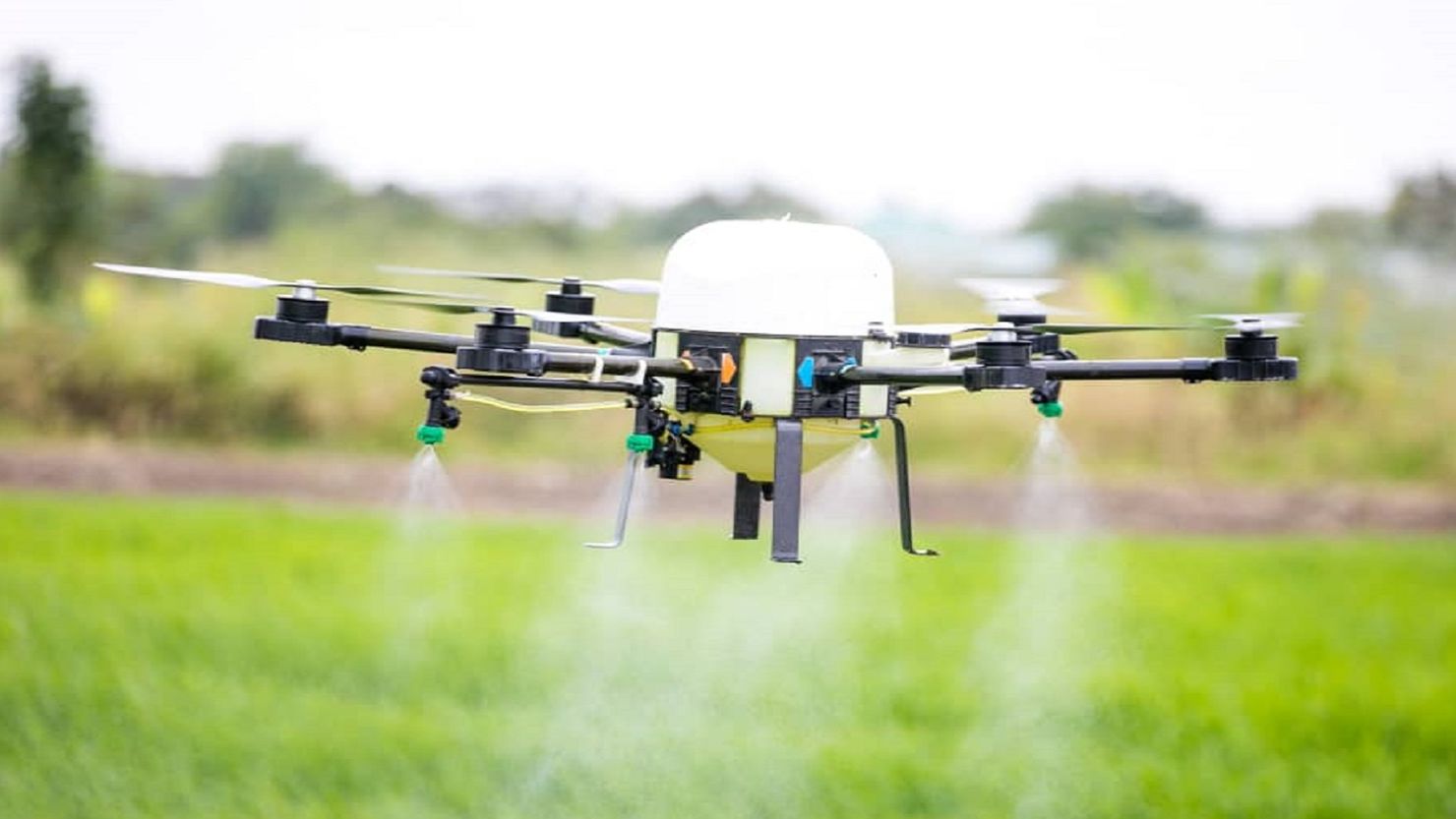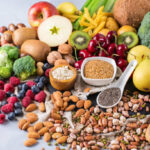Farming in Nigeria is undergoing a shift, thanks to technology. A confluence of algorithms and machinery is reshaping an age-old sector bogged down by climate change and scarce yield.
To understand this transformation, you should look at the rise of digital farming. According to the Food and Agriculture Organisation (FAO), global agricultural productivity has increased by nearly 89% in the past two decades, propelled largely by precision farming, biotechnology and data analytics.
A similar dynamic is panning out within Nigeria, where a growing crop of entrepreneurs is fuelling renewed interest in farming.
Emmanuel Adeyemi, an academic in agricultural technology at the University of Abuja is familiar with this shift.
“When I started teaching fifteen years ago, farming was still seen as a backbreaking venture,” he says, “most of our students came from villages where hoes and cutlasses were the only tools. But today, I lecture young people about drones that can scan hundreds of hectares, apps that predict rainfall patterns and sensors that tell a farmer when to water his crops.”
Among the notable breakthroughs seen in farming in Nigeria has been its integration of statistics. Digital platforms such as Farmcrowdy, Hello Tractor, and Thrive Agric have bridged the gap between farmers and investors and advisors, shaping how crops are cultivated and sold.
With over 82 million hectares of arable land, Nigeria still spends over $10 billion annually on food imports, according to the National Bureau of Statistics. The increasing adoption of tech by farmers, says Adeyemi, helps to close this discrepancy.
“Data is the new fertiliser. Farmers who know when to plant, how to irrigate, what pest to expect and where to sell their produce will always outpace those relying on guesswork. That is why agritech startups are crucial. They put knowledge in a farmer’s hand.”
Hassan Ibrahim, 47, recalls a time when he depended entirely on instinct for harvest. “Before, I just looked at the sky and calculated the season,” Ibrahim says from his maize field. “Sometimes the rains deceive us. You plant, and then the sun burns everything. Other times, pests would wipe out the crops, and there was nothing we could do. My family would struggle for food in bad seasons.”
All of these struggles seem to belong to the past now. Today, Ibrahim turns to a mobile app for weather predictions and even tractor services. He also adds that his yields have increased.
“This year, I harvested 30 bags of maize from the same land that used to give me 12 bags,” he says.
For decades, Nigerian farmers tilled their fields with crude tools, while farmers across the world thrived off machines. This was, in part, due to limited access to machinery, a challenge that Hello Tractor is addressing. The initiative allows small-scale farmers to rent tractors through a simple process.
Adeyemi notes that this improved access to machinery is a major draw for young farmers.
“Many of our older farmers developed chronic back issues from decades of bending and digging,” he explains. “Now, tractors, harvesters and planters reduce that burden. For young people, this modernisation makes farming attractive again. No one wants to farm like their great-grandfather.”
In some pilot projects across Nigeria, drones are seen soaring above farms, capturing aerial imagery that reveals pest infestations or nutrient deficiencies invisible to the naked eye.
In a similar vein, sensors planted in the soil monitor moisture levels, while smart irrigation systems ensure that not a drop of water is wasted.
A cooperative of rice farmers in Kaduna State recently adopted drone technology to spray pesticides over large hectares. The results? Reduced labour costs by 35% and a yield increase of 25% within one season.
Besides low productivity, access to markets has posed a challenge for Nigerian farmers. Many were forced to sell cheaply to middlemen, often at a loss.
Digital platforms now allow farmers to sell directly to buyers, cutting off exploitative intermediaries.
In addition, mobile money services are revolutionising financial access. Farmers who were once excluded from banking systems due to lack of collateral now access credit, savings, and insurance through fintech platforms.
A Central Bank of Nigeria (CBN) report in 2023 revealed that mobile money penetration among rural farmers rose to 42%, up from just 12% five years earlier. This financial inclusion has allowed more farmers to invest in quality seeds, fertilisers, and machinery.
Yet, despite the positives, challenges remain. Electricity supply is erratic, internet penetration is patchy in Nigeria’s rural areas and many farmers still lack basic education to maximise digital tools. The digital divide remains a serious hurdle.
Adeyemi recommends a holistic approach towards this problem: “We cannot romanticise technology as a magic wand. It requires policy support, rural electrification and education. So, we need technology plus training, infrastructure and good governance.”
According to the National Bureau of Statistics, agriculture contributed 25.18% to Nigeria’s GDP in Q2 2023, making it the largest non-oil contributor. With technology driving efficiency, the sector could double its contribution in less than a decade, experts predict.
Hassan Ibrahim reflects this hope in his words: “I no longer tell my children to run away from farming. I tell them farming can send them to school, build a house, and give them dignity. Technology has made me believe that farming has a future.”
The Nigerian government has also cashed in on the trend. Initiatives like the National Agricultural Technology and Innovation Policy (2022–2027) aim to embed research, mechanisation and digital tools into the sector.
Private investors and international organisations are also betting big on Nigeria’s agritech ecosystem, which saw more than $45 million in funding in just the first quarter of 2025.
“The world is heading toward smart farming, where every seed planted is mapped, every drop of water accounted for and every harvest optimised. Nigeria cannot afford to lag behind. With the right policies and determination, we can feed ourselves and even export to the world,” says Adeyemi.
Farming in Nigeria is experiencing a transformation driven by technology, as digital farming and agritech startups enhance agricultural productivity and efficiency. The integration of technologies such as data analytics, drones, and mobile apps allows Nigerian farmers to predict weather patterns, monitor crop health, and access machinery, which were previously inaccessible. Notable platforms like Farmcrowdy, Hello Tractor, and Thrive Agric are connecting farmers with investors and resources, helping bridge the gap between low domestic yields and high food import expenses.
Despite challenges such as erratic electricity and insufficient internet access, mobile money services have improved financial inclusion, allowing farmers to secure credit and invest in better farming inputs. While agriculture contributed 25.18% to Nigeria’s GDP in Q2 2023, the sector's potential is expected to grow, supported by policies like the National Agricultural Technology and Innovation Policy (2022-2027). These developments have the potential to double the sector’s contribution to the GDP within a decade, turning farming into a viable and dignified livelihood option for many Nigerians.






